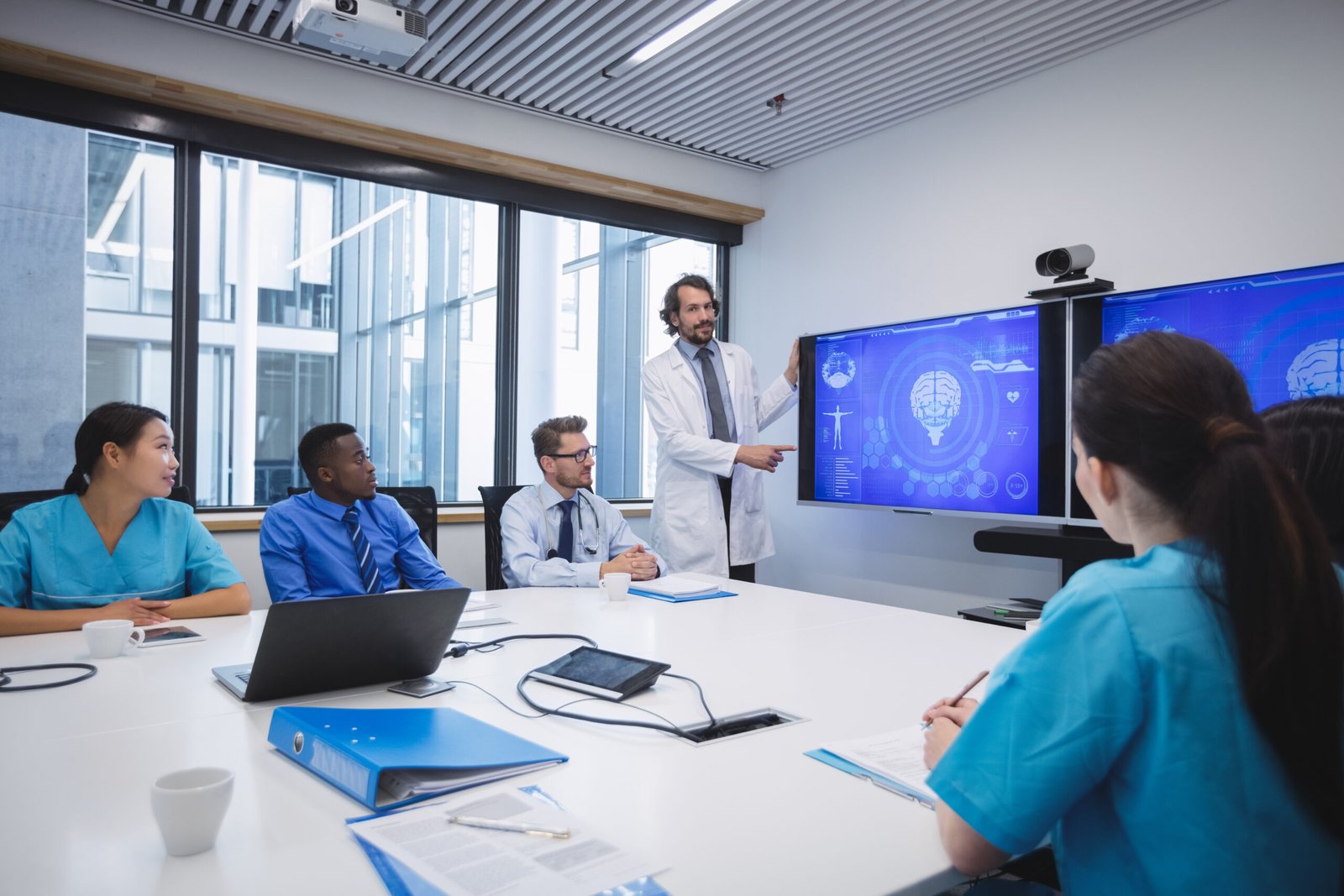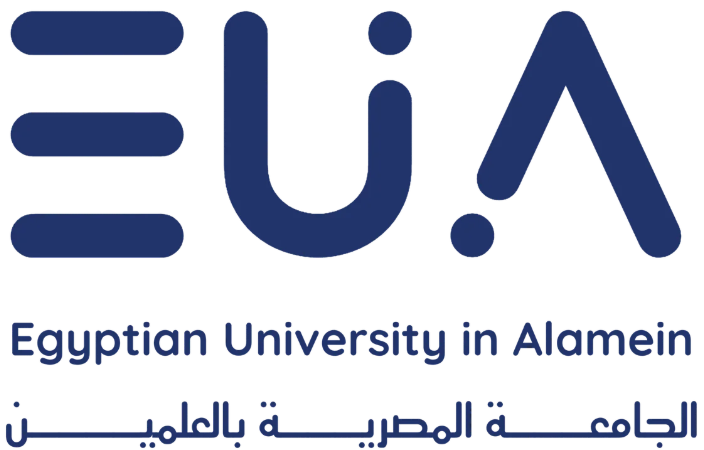Faculty of Medicine
Shape Your Future in the World of Medicine
A modern international curriculum aligned with global advancements
Smart learning environment in New Alamein City
Early clinical training in university hospitals
A distinguished faculty with diverse international expertise
Advanced simulation labs for hands-on training from the first year
Vision & Mission
Vision
To become a leading center for medical education and scientific research locally, regionally, and internationally
Mission
To prepare outstanding and creative physicians with knowledge, experience, and skills that meet contemporary standards, capable of competing globally and serving their communities with excellence
Academic Program
Bachelor of Medicine and Surgery
Comprehensive Medical Education Program
Academic Years
Clinical Training Years
Why Choose This Faculty?
Innovative educational experience with strong scientific and practical applications
Internationally accredited programs and multiple scholarship opportunities
Student-centered approach
Advanced research opportunities across medical disciplines
Support for high achievers and gifted students
Mechanisms to assist struggling students and those with special needs
International Opportunities
Student exchange with global medical universities
Dual degree programs
Research partnerships with leading international institutions



